
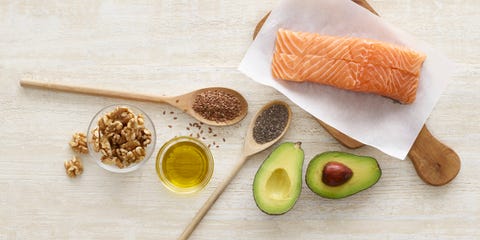
Guys, we’re here to let you in on a secret: It’s OK to eat fat. For years, people have skirted fat in order to lose weight. However, the popularity of low-carb diets like keto have made high-fat offerings surge in popularity.
Although the research is mixed on whether high-fat diets are effective, many health professionals advise consuming plenty of monounsaturated and polyunsaturated fats, which lower our bad, or LDL cholesterol. Additionally, polyunsaturated fats keep our brains and cells healthy. Plus, some evidence indicates that high-fat foods like avocados may reduce belly fat.
Even if you don’t want to follow a high-fat diet like keto to lose weight, many fat-filled, whole foods have nutrients our bodies need, like vitamin K2, which keeps blood healthy and may ward off osteoporosis. However, you don’t want to just eat any fatty fatty food, so this isn’t an excuse to grab that bag of chips. Instead, here are 10 fat-filled foods you should be eating.
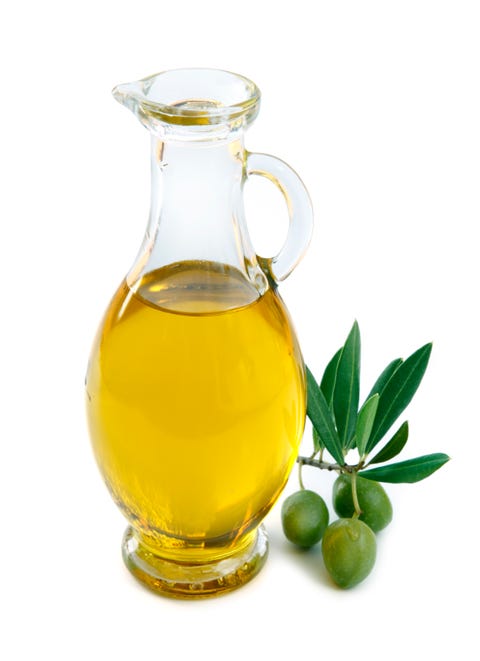
Getty Imagesamphotora
Aside from being a heart-healthy fat, olive oil is loaded with polyphenols, according to Liz Weinandy, R.D. at The Ohio State University Wexner Medical Center. Ok, so what are they and why do we want them? Polyphenols are chemicals found in plants that have been shown to reduce the risk of cancer, other chronic diseases and help with digestion.
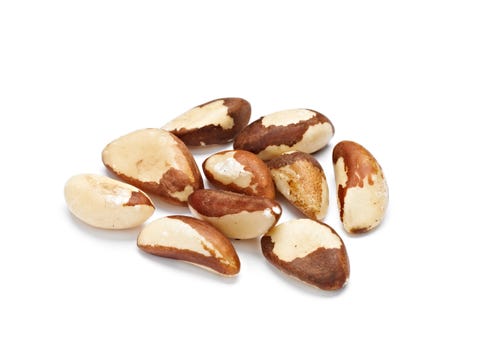
Getty Images4kodiak
Generally, nuts have larger amounts of minerals than other foods, says Weinandy. Brazil nuts are particularly high in selenium, which is important for our immune systems and thyroid function, she says. Add two brazil nuts to snack time for your daily selenium needs.
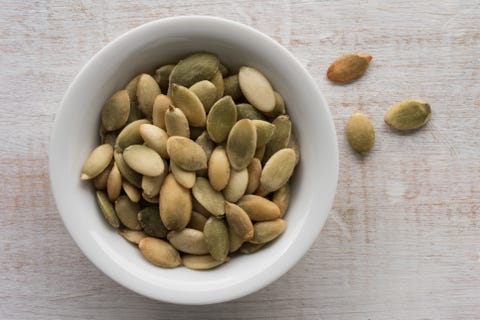
Getty ImagesMichelle Arnold / EyeEm
“Pumpkin seeds are one of the best sources of magnesium that most Americans fall short of getting enough,” says Weinandy. Without magnesium, our blood sugar levels, muscles and blood pressure would suffer.
Male adults should get roughly 400 milligrams of magnesium daily. An ounce of pumpkin seeds delivers about 168 mg.
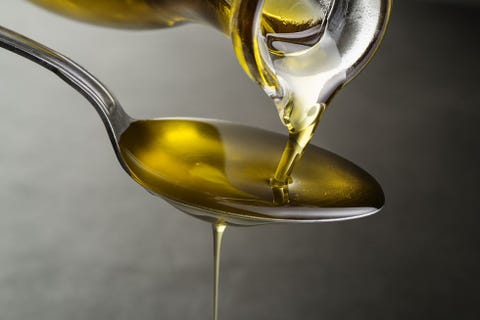
Getty Imagesdulezidar
Plant oils contain linoleic acid, which is not found in high quantities in extra virgin olive oil. Our bodies rely on this polyunsaturated fat, which can only be found in foods and not made in our bodies, to function normally. Try going half and half using EVOO and safflower or grape seed oil for cooking and other oil needs,” says Weinandy.
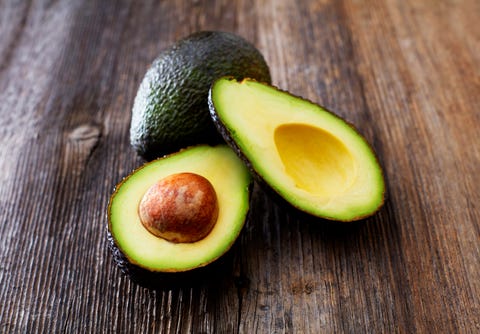
Getty ImagesWestend61
Avocados are high in monounsaturated fat, which raises good cholesterol and lowers bad. Plus, they’re a great source of fiber and potassium, says Lauren Popeck, R.D. at Orlando Health.
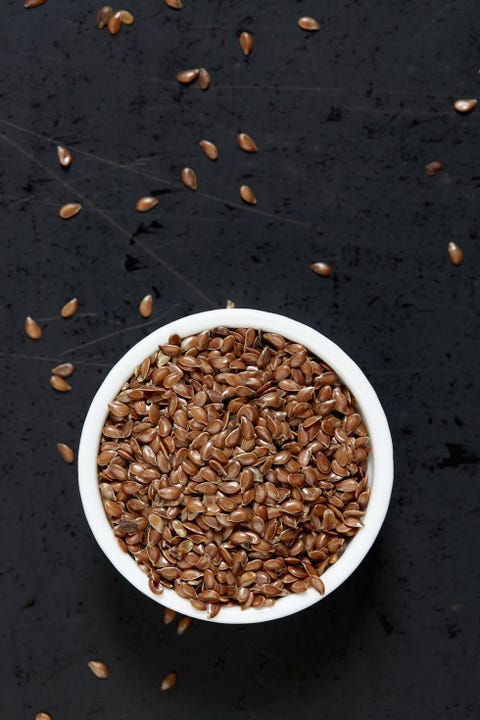
Getty ImagesWinslow Productions
Typically, you think of getting omega 3-fatty acids from fish, but flax is a great plant-based source of the nutrient, explains Popeck. Micronutrients found in flax, lignans, help reduce inflammation in your body, too.
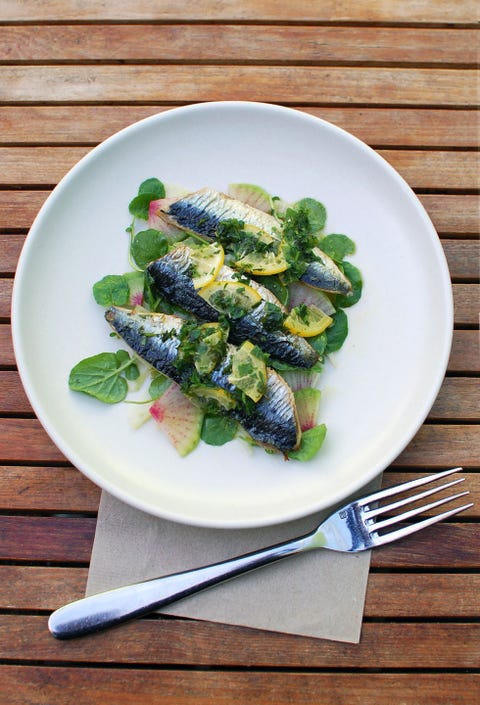
Getty Images© Danielle Tsi
A single four-ounce can delivers 1,363mg Omega−3 fatty acids and nearly 400 IU of Vitamin D. Vitamin D helps your body absorb calcium for healthy bones and teeth plus it supports the immune system, says Popeck.
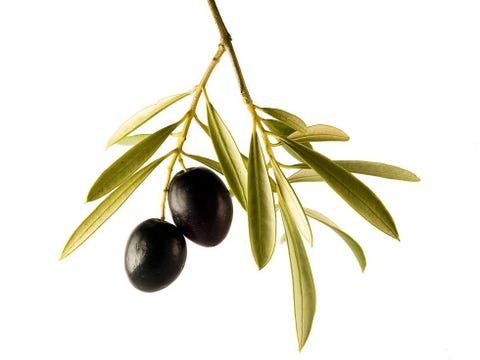
Getty ImagesAntonio Casas
Olives contain monounsaturated fat and fiber, both of which protect the heart. Popeck recommends chopping and adding to salads, sauces and dressing.
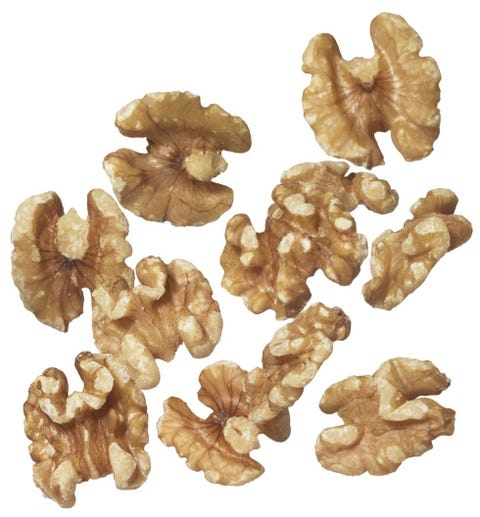
Getty ImagesJack Andersen
Another great plant-based source of Omega-3 fatty acids, walnuts also contain fiber and protein. The combo will fill you up and prevent blood sugar spikes, says Popeck.
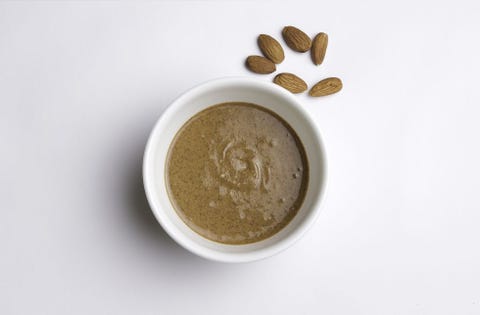
Getty ImagesOnly_Creatives
Almonds are a good source of Vitamin E, a powerful antioxidant that protects cells from damage, says Popeck. Add almond butter to smoothies, oatmeal or fruit bowls to add flavor and get your nutrients.
Source: Read Full Article